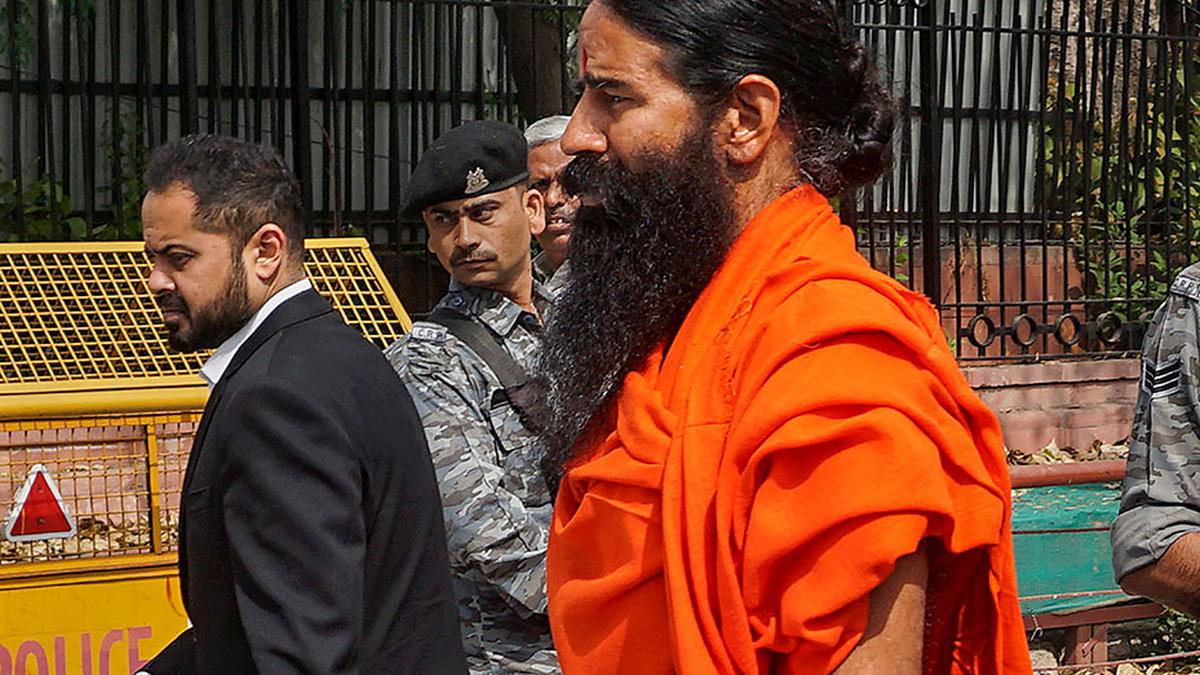The Supreme Court of India has turned its attention to the issue of misleading advertisements, focusing on Patanjali Ayurved and its founder, Baba Ramdev.
Background
The scrutiny arises from discrepancies noted between the extensive advertisements of Patanjali products and the apologies issued by the company and its founder following instances of false claims.
Instances of Violation
Patanjali’s advertisements have been found to violate advertising standards, often making unsubstantiated claims about product efficacy.
Court’s Concerns
The apex court has raised concerns regarding the adequacy of apologies in proportion to the magnitude of misleading campaigns. Chief Justice Sharma highlighted the disparity between the visibility of advertisements and apologies.
Scope of Scrutiny
The scrutiny extends beyond advertisement content to its impact on consumers and public perception, emphasizing the importance of accountability, especially in the health and wellness sector.
Deadline for Response
Patanjali and Baba Ramdev are required to submit detailed responses to the court’s concerns within a specified deadline.
Implications
The outcome of this inquiry could significantly influence advertising standards and consumer protection measures in India.
Multiple Choice Questions (MCQs):
- What prompted the Supreme Court of India’s scrutiny of Patanjali Ayurved and Baba Ramdev?
- A) Excessive advertising expenditure
- B) Contradictions between advertisements and apologies
- C) Competitive market pressure
- D) Allegations of tax evasion
- What aspect of Patanjali’s advertisements has been found to violate standards?
- A) Lack of creativity
- B) Overemphasis on product quality
- C) Making unsubstantiated claims
- D) Excessive use of celebrity endorsements
- Who remarked on the visibility of Patanjali’s apologies in comparison to its advertisements?
- A) Prime Minister Modi
- B) Chief Justice Sharma
- C) Health Minister
- D) Baba Ramdev himself
- The scrutiny by the apex court extends beyond advertisement content to focus on:
- A) Economic impact
- B) Social media presence
- C) Impact on consumers and public perception
- D) Political affiliations
- What could be the potential outcome of the inquiry initiated by the Supreme Court?
- A) Increased taxation on advertising
- B) Stricter regulations on celebrity endorsements
- C) Far-reaching implications for advertising standards and consumer protection
- D) Financial penalties for Patanjali and Baba Ramdev
